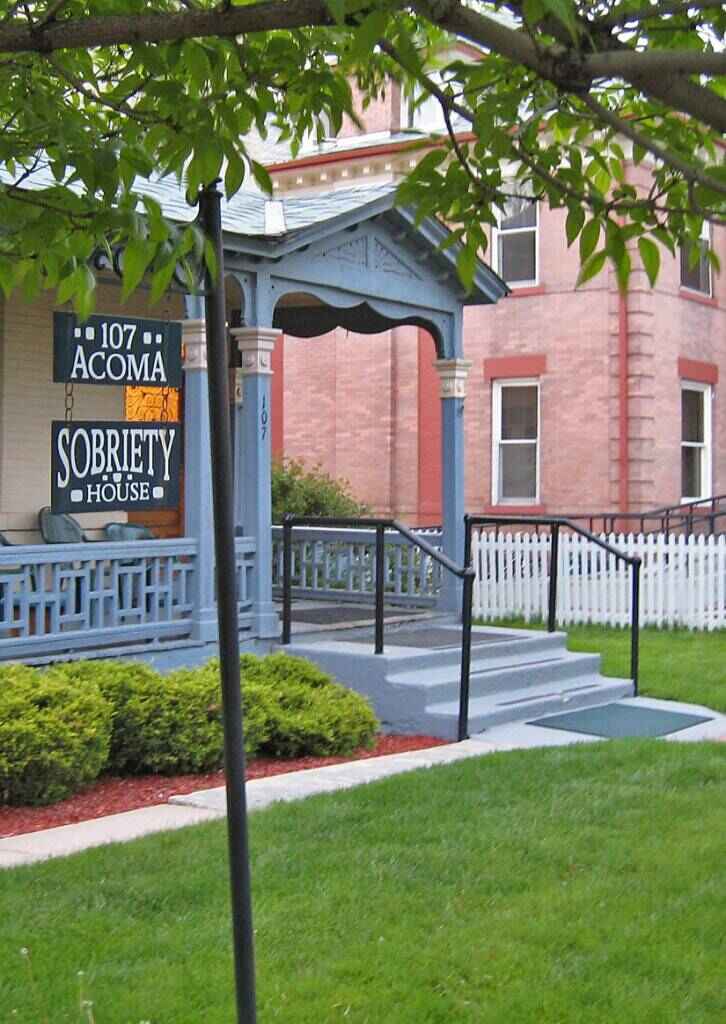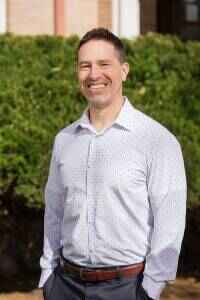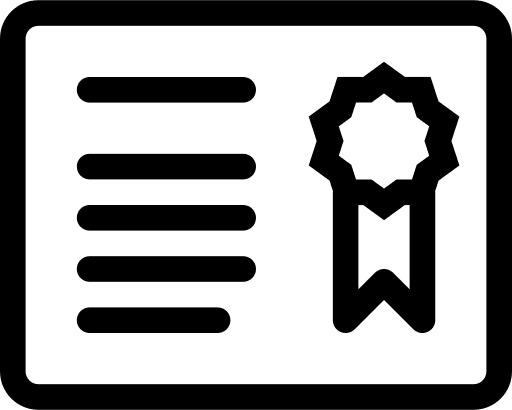About Sobriety House – The Phoenix Concept – Denver
Sobriety House – The Phoenix Concept is based in Denver, Colorado. They primarily assist pregnant women and women with young children, although other adults and military veterans can also apply. You’ll have residential care and outpatient programs. A sober living program is available for graduates from the residential program. Medicaid is accepted.
The residential treatment program has two phases. In the first phase, you’ll stay on the campus for 28 days. During that time, you’ll have therapy and participate in group exercises every day. Therapy is pretty intensive and sessions can occur up to three times each day. Your main goal is to build up resiliency and learn about ways to cope.
The second phase lasts up to six months. You’ll have a lot more freedom, although there’s still group therapy twice a week. For the majority of the time, you’ll be hunting for steady employment. You’ll also have other commitments, like 12 Step groups and attending classes.
If you’re in phase two for at least 60 days, you’ll be eligible for sober living in the center’s Gaylord apartments. You’ll have to pay rent, but you’ll have independence and privacy with your own one bedroom place. However, if you have kids or a spouse, they won’t be able to live with you, but they can visit.
They also have a small group outpatient program that meets once per week on Thursday nights for two hours. This program is not for residents. Individual counseling sessions are available at the counselor’s discretion.











